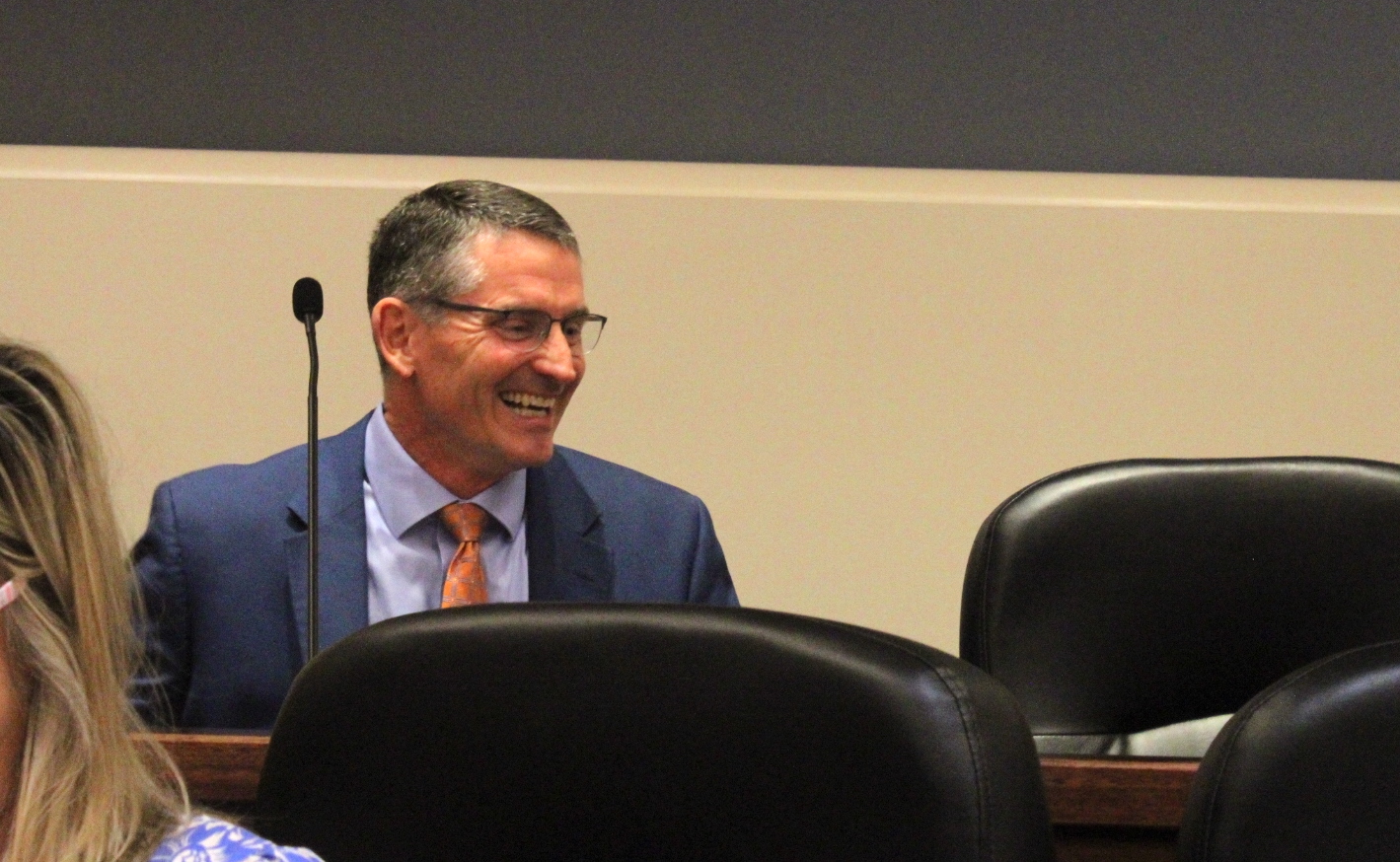Faith in Classrooms: Alabama Senate Panel Clears Path for Religious Education Mandate

A proposed bill, SB 278, aims to give students more flexibility in their educational pursuits by allowing school boards to develop policies that permit students to temporarily leave campus for religious study while potentially earning academic credit.
The legislation would empower local school districts to create comprehensive guidelines that balance academic requirements with students' religious educational opportunities. Under this proposed bill, students could potentially engage in off-campus religious instruction while maintaining their academic standing.
By providing a structured framework for religious study, SB 278 recognizes the diverse educational needs and spiritual commitments of students. School boards would have the discretion to design policies that ensure both academic rigor and respect for students' religious learning experiences.
This innovative approach could offer students a unique opportunity to explore their faith traditions while continuing to progress in their academic studies, creating a more inclusive and flexible educational environment.
